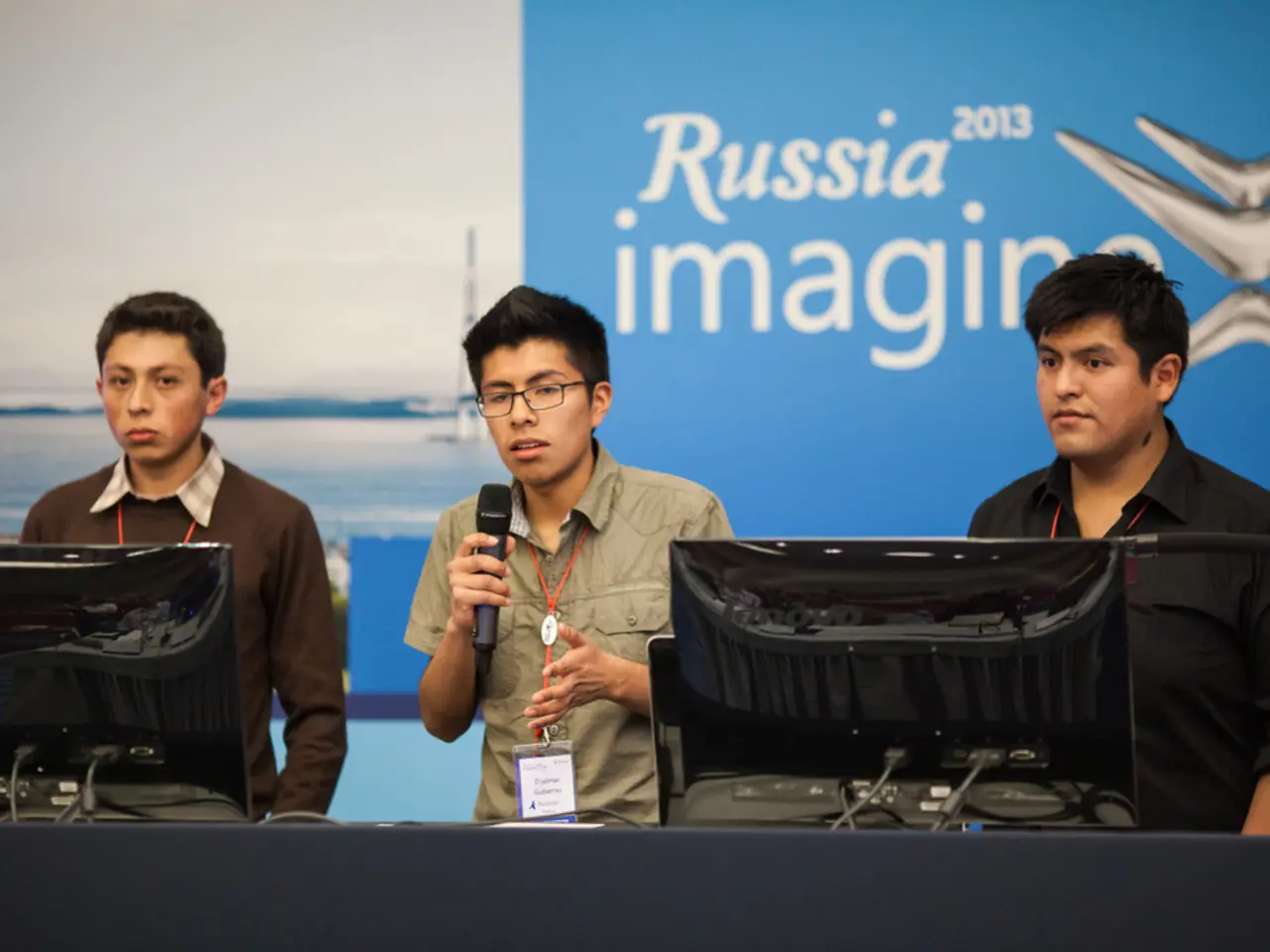Iran's Foreign Minister announces collaborations with China and Russia to counteract European sanctions
Iran, China, and Russia are currently engaged in diplomatic and strategic efforts to prevent the reimposition of European sanctions on Iran related to its nuclear program. The situation is a topic of international concern, with the end of August 2025 set as a deadline for finding a diplomatic solution to avoid the sanctions.
The European powers, including France, Germany, and the United Kingdom, have threatened to reimpose sanctions under the snapback clause if Iran does not resolve concerns by August 31, 2025. The snapback provision allows any party to the 2015 Joint Comprehensive Plan of Action (JCPOA) to unilaterally reimpose UN sanctions if Iran breaches its commitments.
Iran's Foreign Minister, Abbas Araghchi, has been actively negotiating with European counterparts to halt the "snapback" of sanctions. He has emphasised the need for the lifting of "unlawful sanctions" and has responded to what he calls "criminal attacks" on Iran’s peaceful nuclear facilities.
After the snapback mechanism expires in October 2025, any UN Security Council resolution to sanction Iran could be vetoed by China and Russia, who remain supportive of Iran’s sovereignty and nuclear rights in various forms. Their veto power serves as a significant barrier to renewed multilateral sanctions.
A major point of contention is Iran’s restriction of the International Atomic Energy Agency (IAEA) access. Iran has taken a hard line by threatening IAEA officials, which has fueled European skepticism.
The actions of China, Russia, and Iran in response to the potential reimposition of sanctions are being closely watched. Western powers have accused Iran of violating its international obligations by ramping up its uranium enrichment and pursuing nuclear weapons, a charge the Iranian government strongly denies.
The JCPOA, a 2015 deal that lifted sanctions in return for curbs on Iran's nuclear program, effectively collapsed after US President Donald Trump withdrew from it in 2018 and reinstated crippling sanctions. The agreement included a snapback mechanism for reinstating sanctions.
The situation remains tense and fluid as the August deadline approaches. The outcome of the ongoing negotiations between Iran and the European powers could have significant implications for the future of Iran's nuclear program and the international community's efforts to maintain peace and security in the region.
[1] Al Jazeera. (2023, July 18). Europe threatens to reimpose sanctions on Iran over nuclear programme. Retrieved from https://www.aljazeera.com/news/2023/7/18/europe-threatens-to-reimpose-sanctions-on-iran-over-nuclear-programme [3] BBC News. (2023, July 19). Iran's nuclear programme: European powers ready to reimpose sanctions. Retrieved from https://www.bbc.com/news/world-middle-east-65158730
Read also:
- Weekly happenings in the German Federal Parliament (Bundestag)
- Southwest region's most popular posts, accompanied by an inquiry:
- Discussion between Putin and Trump in Alaska could potentially overshadow Ukraine's concerns
- Massive 8.8 earthquake hits off the coast of Russia's Kamchatka Peninsula, prompting Japan to issue a tsunami alert.







